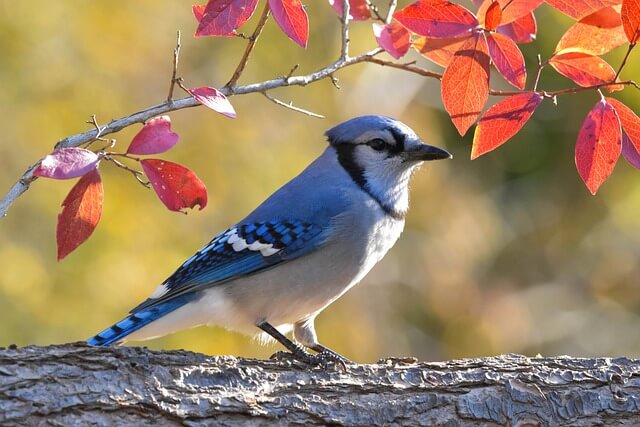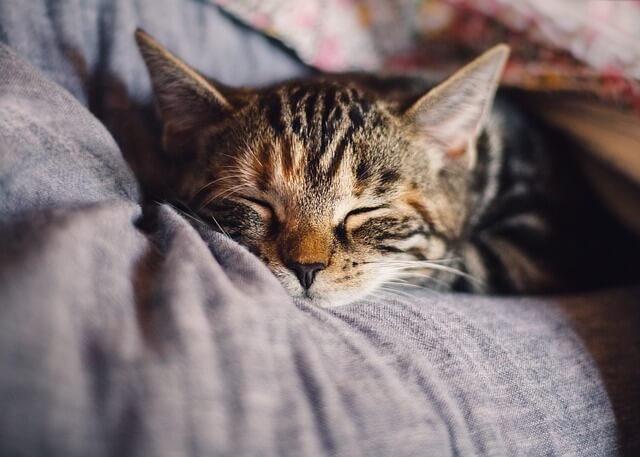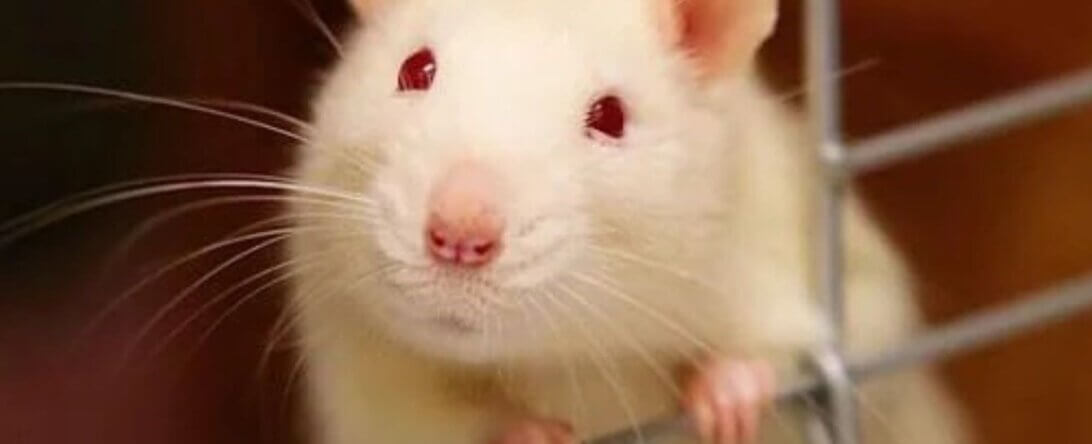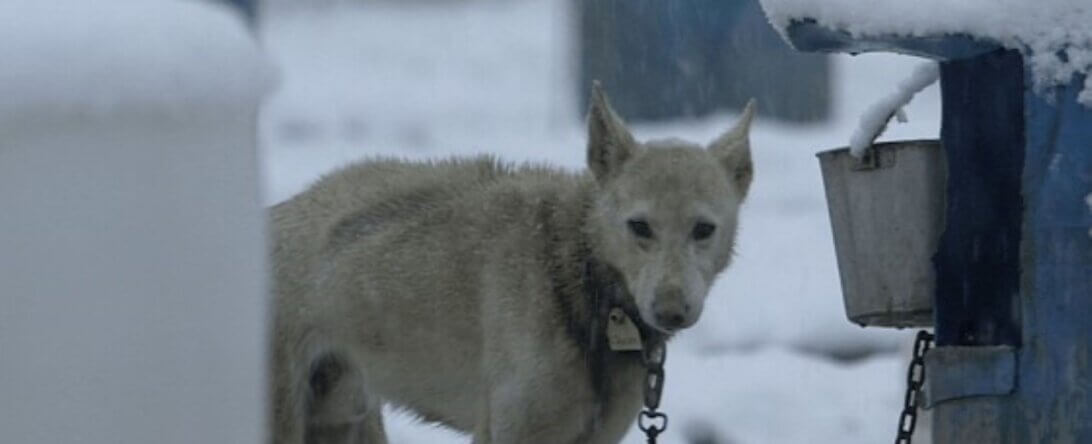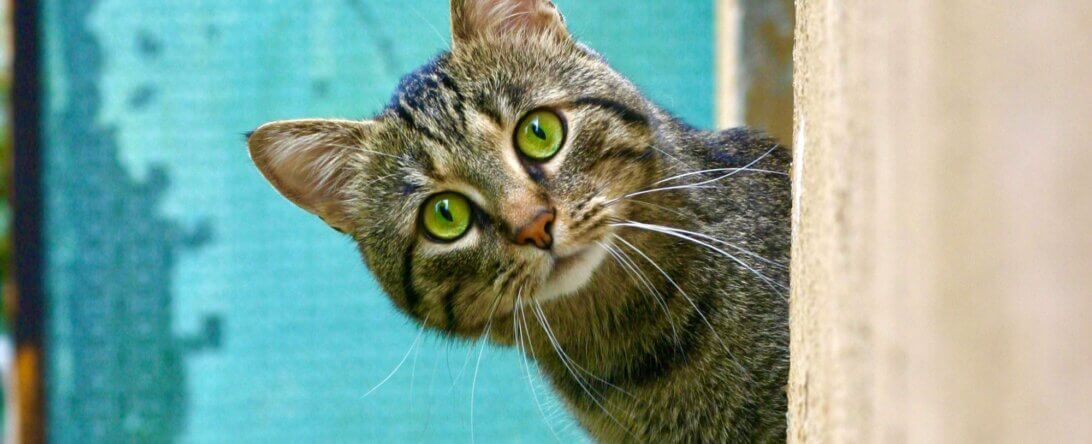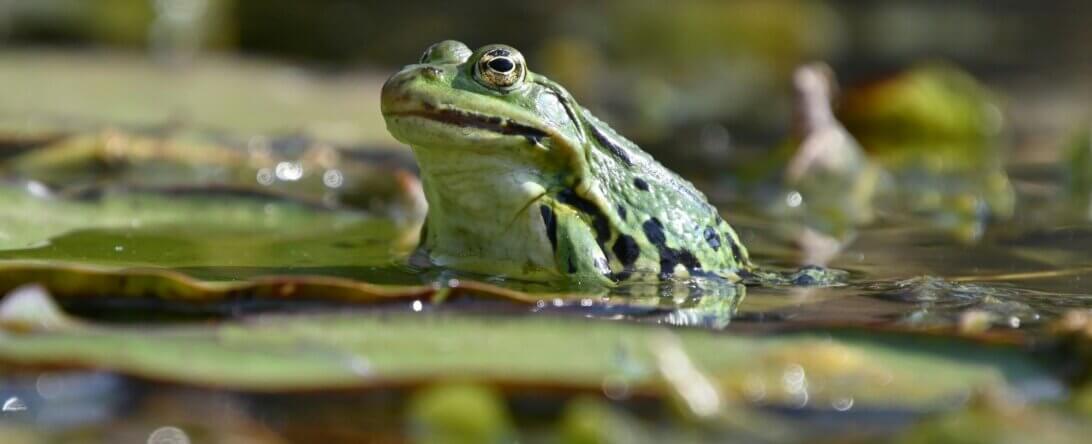How to Help Wildlife
Humans cause a lot of damage to our animal neighbors. We destroy their homes, invade their habitats, and often kill their family members when we develop our own housing and infrastructure. 💔
While we may not be able to avoid living in an industrialized world, there are many ways we can make a difference and move closer to living in harmony with other animals.
1. Keep cats indoors.
Cats are in constant danger outside. They also spread pathogens and account for over 22.3 billion mammal and bird deaths in the U.S. each year, which destroys ecosystems.
2. Don’t allow mice and other small animals to have access to your food.
Not feeding wild animals will discourage them from making your home THEIR home. Eliminate access to food by keeping counter surfaces, floors, and cabinets free of crumbs and storing dry food and animal companion food in chew-proof containers. Seal trash (use bungee cords on lids), pick up your animal companions’ food at night and never feed them outdoors, pick up fallen fruit and vegetables in orchards and gardens if possible, and never feed wildlife.
Reduce hiding places by keeping grass and vegetation trimmed and by storing outdoor furniture, grills and barbecues, and woodpiles away from buildings. Seal holes and cracks that are larger than a quarter-inch wide with foam sealant, hardware cloth, or metal flashing, and store all food in airtight, rodent-proof containers. Also, be sure to keep your trash in sealed, chew-proof containers.
3. If you think you’ll have a little visitor, use peppermint oil.
Place cotton balls and rags soaked in peppermint oil throughout areas frequented by unwanted visitors. (This inexpensive, simple method for repelling wildlife is quite effective!) If you must trap an occasional mouse or rat, use a cruelty-free live trap made for this purpose.
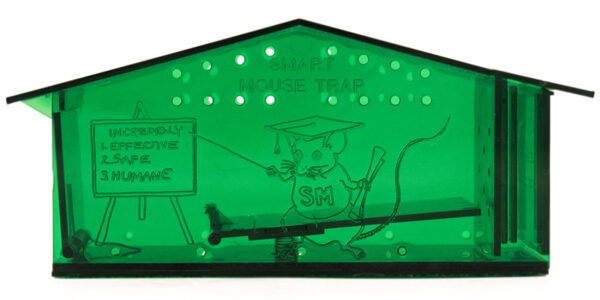
Note: Mice and rats can die from stress-induced disorders, exposure, or dehydration in just a few short hours. Traps should be scrubbed with a mild bleach solution (to eliminate food smells), disabled, and securely stored when not in use—especially during cold weather and times when they cannot be checked hourly!
4. Rinse out all your cans.
Then put the tops on the inside (so animals won’t cut their tongues!). Crush the open side of the can as flat as you can.
5. Cut open empty cardboard and plastic containers.
Doing so will ensure that squirrels and other small animals can’t get their faces or heads trapped in them. If you have empty jars, be sure to scrub them out and cap them. Also, cut apart all sections of plastic six-pack rings, including the inner diamonds.
6. Choose paper bags at the grocery store.
Or better yet—when you go shopping, bring your own reusable canvas bags, which help prevent wildlife habitats from being polluted.
7. Place decals on windows.
This step helps make windows visible to birds. You can find these decals at wild bird supply stores or nature stores. You can also buy them online.
8. Watch out for wildlife.
If you encounter any wild animal who appears sick or injured, call animal control for help.
9. Ditch the lawn and chemicals.
Replace some hard-to-maintain grass areas in your yard with native plants and trees to provide wild animals with food sources and habitats. Also, choose Earth-friendly lawn-care methods. Pesticides and herbicides made with dangerous chemicals pollute the environment and poison animals’ food sources. 😭
*****
Pro tip: If a bird is trapped inside your house, turn off all indoor lights; close all curtains, blinds, or shutters; and open a door to the outside. The bird should fly toward the light outside. If the bird doesn’t exit immediately, wait until dark, turn off all lights in the house, open a door, and turn on a light outside. The bird should fly toward the outside light. Be patient! This method usually works.
Making these little changes in your daily life will help save other lives!
Text peta2 to 30933 for ways to help animals, tips on compassionate living, and more!

Terms for automated texts/calls from peta2: http://peta.vg/txt. Text STOP to end, HELP for more info. Msg/data rates may apply. U.S. only.

